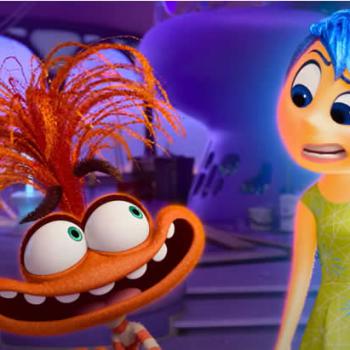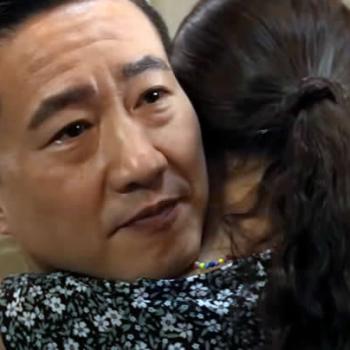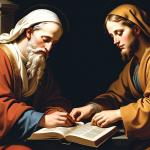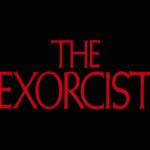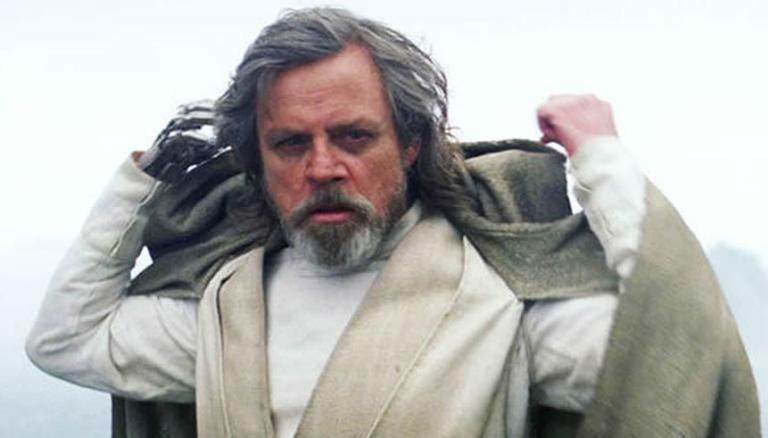
It’s not easy being Luke Skywalker. The one-time fresh-faced lad from Tatooine has been kidnapped by wampas, zapped by emperors and had his hand cut off by his very own dad. But when we meet Luke in The Last Jedi, we know that he’s suffered more since we last truly saw him. He’s no longer a headstrong idealist of A New Hope or the sober-minded savior of The Return of the Jedi. He’s a changed man, and not for the better.
Rey meets not a galactic hero, but an old hermit, cynical and scarred. He may indeed be the Last Jedi, as the movie’s title suggests, but he’s become disenchanted with the ancient order. “It’s time for the Jedi to end,” he says.
Some days, I know how he feels.
The Star Wars saga has always been about faith. And while the trappings of the Force—the magical, animating, galaxy-encompassing power in the movies—has always felt more Taoist than Christian, Luke has felt at times (in the franchise’s own colorful, off-kilter way) like a rather Christian hero. This was particularly true in Return of the Jedi, when Luke not only serves as a galactic savior, but a personal one, too—helping his own father, the nefarious Darth Vader, redeem a life serving the Dark Side with one sacrificial swoop.
Yes, Vader sinned, and sinned mightily. Several movies chronicle just how bad a cat he becomes. Even if the heavy-breathing villain wanted to turn away from the Dark Side, he believes he couldn’t. “It’s too late for me, son,” he tells Luke.
But it wasn’t. As deep in sin as he might’ve been, he wasn’t so deep that he couldn’t be pulled out again. Vader’s story arc ultimately offered a very New Testament message: Even the most broken among us can still be salvaged. They can still, ultimately, be made whole.
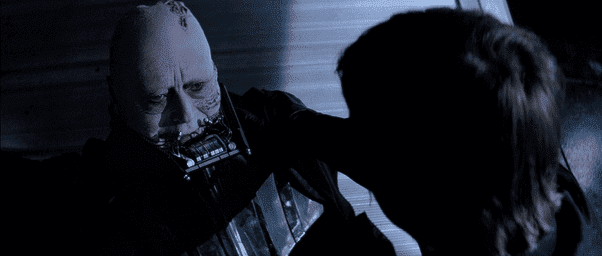
Luke saw that transformation first-hand. He knows the power of the Force. But by the time The Last Jedi opens, he also believes the order that follows it—the Jedi—was a corrupt, hypocritical organization whose only legacy was failure. Harsh.
I don’t have quite the dim view of my own “sacred order” as Luke does for his. I grew up in an evangelical Christian home, and I still consider myself to be an evangelical Christian. But there are times when the label really chafes at me, and those times seem like they’re becoming more common.
Take, for instance, this past week.
Evangelical Christians have historically taken any sort of sin seriously, and that’s especially true of sexual sin. But in Alabama’s recent special senate election, 80 percent of Alabama’s white evangelical voters cast their votes for Roy Moore, a man accused of some pretty nauseating sexual misconduct. Despite the evidence, his supporters didn’t believe the charges, and 76 percent of Moore voters said the allegations weren’t a factor at all.
Back in the early 2000’s, when I was a secular religious reporter, I wrote a lot of stories about so-called “values voters,” social conservatives who wanted to bring a little more morality to Washington. Now the country watches with a deep and cynical interest as evangelical Christians excuse and explain away the alleged misdeeds of their own political allies. And secular observers ask—fairly, I think—as to what are the values we are voting for.
But in The Last Jedi, Luke Skywalker reminds me of an important truth to keep in mind—especially as someone who can be oh-so-quick to jump to judgment. The problem isn’t just about them. It’s about me.
Without giving much away, we learn that Luke’s disillusionment with the Jedi isn’t from tracking galactic exit-polling data: In part, it comes from his own understanding of his own shortcomings. He feels like he’s betrayed the ideals of the order. He feels like he should’ve known better. Should’ve been better. But he didn’t and he wasn’t.
Have you ever looked at someone’s annoying habit and realized, with a shock, that the very thing that’s driving you crazy is something you do all the time? That happens to me way too often. Sometimes our own biggest problems are a little like that. We see them clearly when we see them in someone else, but it comes as a shock when we find the very same traits in ourselves.
It’s like what happens in that dream sequence in The Empire Strikes Back: Luke fights against his arch-nemesis, whacks off his head and discovers his own face behind the mask. Obviously, in the context of the film, that familiar visage was designed to foreshadow Luke’s own realization that Darth Vader is his father. But in this spiritual context, and in light of The Last Jedi, the image takes on even greater weight: Luke’s own worst enemy is himself. Just like it can be, really, for all of us.
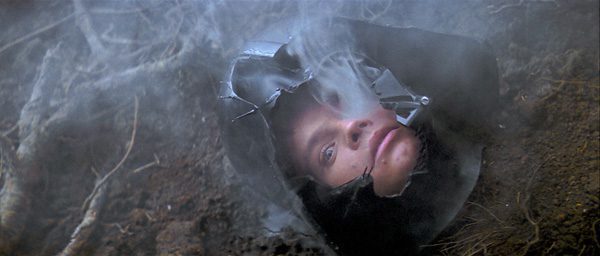
“For all have sinned and fall short of the glory of God,” Paul says in Romans 3:23. “If we say we have no sin, we deceive ourselves, and the truth is not in us,” we read in 1 John 1:8. The Bible tells us over and over how prone we are to fall short of what God intended us to be. It should make us more forgiving, shouldn’t it? Often, I don’t think it does. Maybe it can even make us more judgmental: When we lambaste someone else for their own wayward ways, it can distract attention from our own. Even our own attention from our own sin.
For much of the Star Wars saga, Luke has overcome a lot, both externally and internally, to be the hero the story needed him to be. But he’s never been perfect, and he comes to understand the weight of his own imperfections pretty clearly and severely here. I won’t say how he deals with his disillusionment. But I will say that it offers a bit of hope for us all.





